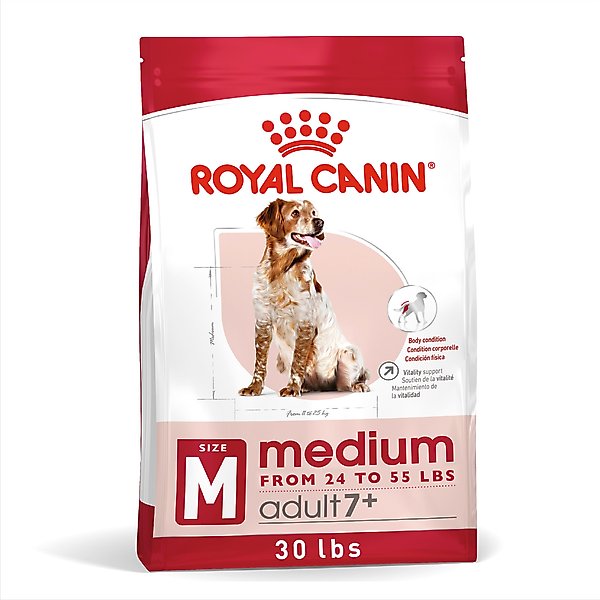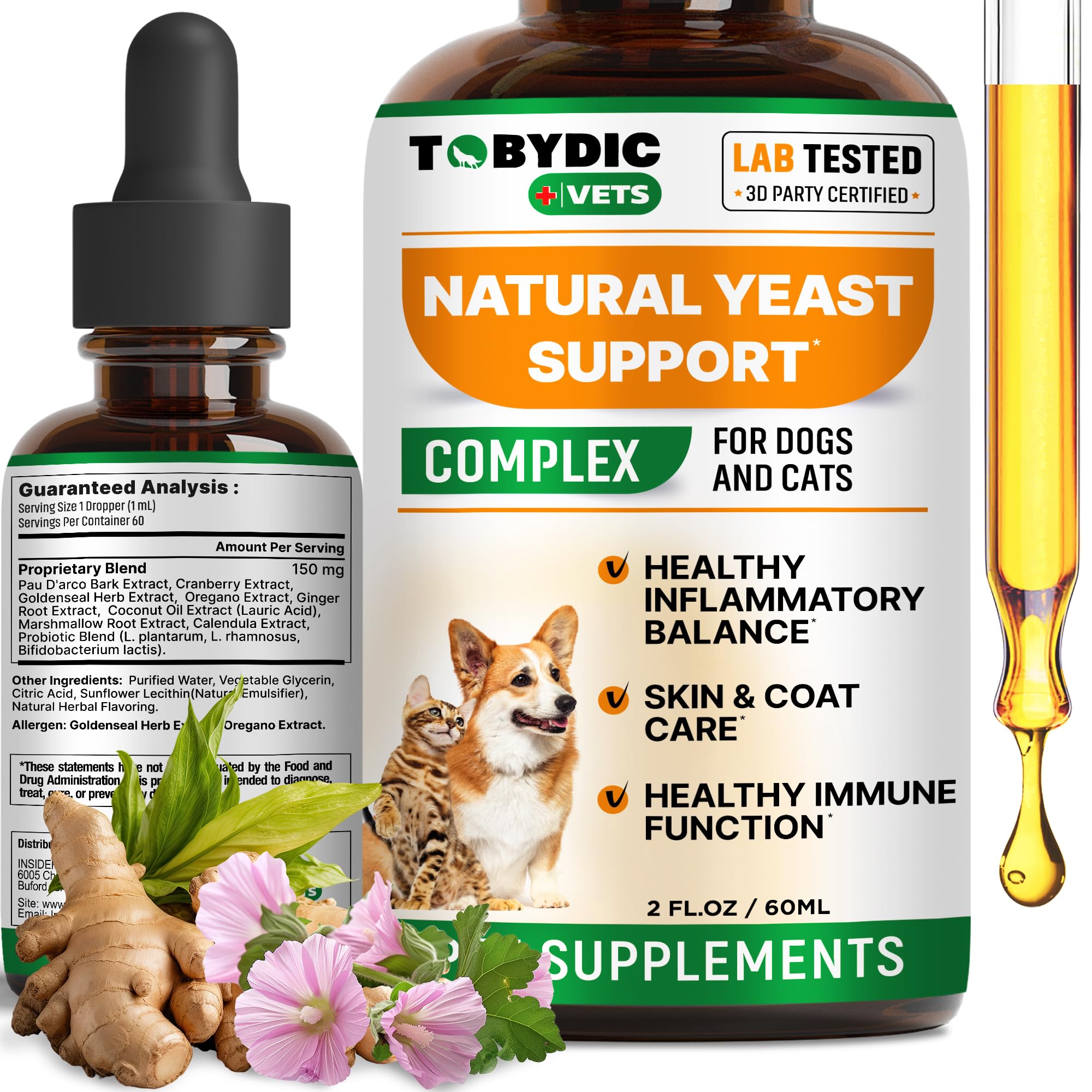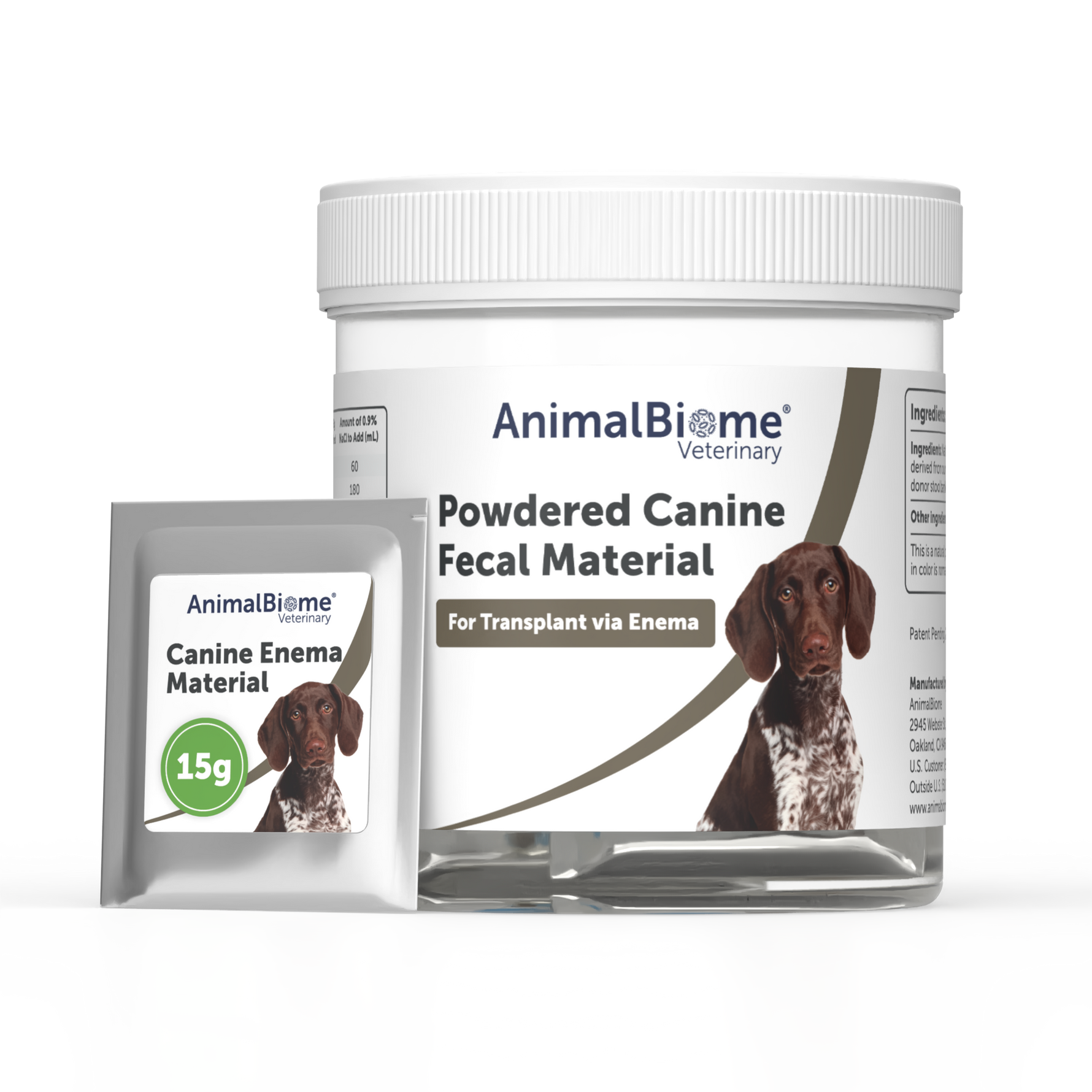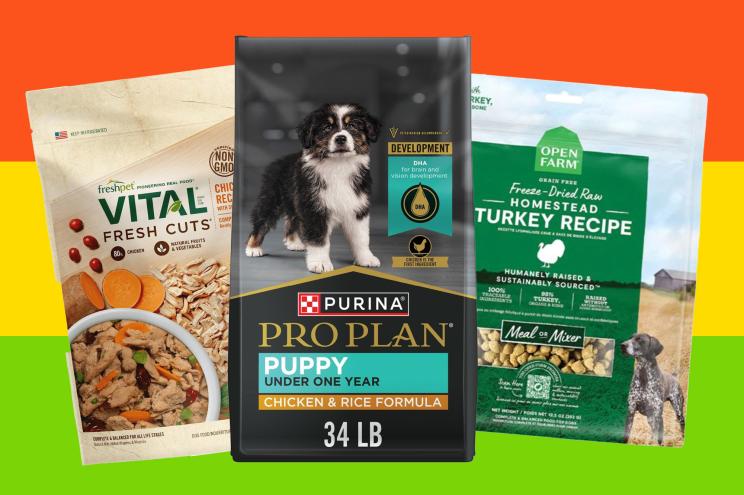Choosing the best nutritional dog food for your furry friend isn’t always easy. You want to give your dog the healthiest meals, but with so many options, how do you know what’s truly right?
What if the food you pick could boost your dog’s energy, improve their coat, and keep them happy for years? You’ll discover simple, clear answers that make feeding your dog easier and better. Keep reading to find out how to make the best choice for your dog’s health and happiness.
Importance Of Nutritional Dog Food
Choosing the right nutritional dog food plays a crucial role in your pet’s well-being. What your dog eats affects their energy, mood, and overall health every day. Feeding your dog quality nutrition isn’t just about filling their bowl—it’s about supporting their body from the inside out.
Benefits For Overall Health
Good nutrition strengthens your dog’s immune system, helping them fight off illnesses more effectively. It also keeps their coat shiny and skin healthy, which you’ll notice during cuddles. Proper nutrients support digestion and keep their weight in check, reducing risks of obesity and related problems.
Have you ever seen how a dog’s behavior changes when they eat well? They seem more alert and playful. That’s because balanced food fuels their brain and muscles, improving focus and stamina.
Impact On Longevity
Feeding your dog high-quality food can add years to their life. Dogs on a nutritious diet often experience fewer chronic diseases like diabetes and arthritis. This means more time for walks, play, and companionship.
Think about the meals you give your dog daily—are they supporting a long, healthy life? Small changes in diet can lead to big differences in how long and well your dog lives. Prioritizing nutrition now can prevent costly health issues later.

Credit: www.amazon.com
Key Nutrients For Dogs
Understanding the key nutrients your dog needs helps you pick the best nutritional dog food. Each nutrient plays a specific role in keeping your furry friend healthy and energetic. Knowing what to look for can make a big difference in your dog’s overall well-being.
Proteins And Amino Acids
Proteins are the building blocks of your dog’s body. They help repair tissues and support muscle growth. Dogs need high-quality proteins from sources like chicken, beef, or fish.
Amino acids, the smaller units of proteins, are crucial for many body functions. Some amino acids, like taurine, must come from the diet because dogs can’t make them. Check the ingredient list to ensure the food contains complete proteins with all essential amino acids.
Essential Fatty Acids
Fats are more than just energy; they keep your dog’s coat shiny and skin healthy. Omega-3 and Omega-6 fatty acids are essential fats that reduce inflammation and support brain function.
Fish oil or flaxseed are common sources of these fats. If your dog has dry skin or a dull coat, their food might lack enough essential fatty acids. Have you noticed changes in your dog’s skin or coat after switching foods?
Vitamins And Minerals
Vitamins and minerals help your dog’s body run smoothly every day. For example, calcium and phosphorus strengthen bones, while vitamins A, D, and E support vision and immunity.
Many dog foods include a balanced mix of these nutrients, but some homemade diets miss important vitamins. Look for foods with added vitamins or consider supplements if your vet recommends them. Are you confident your dog’s food covers all their vitamin and mineral needs?
Types Of Dog Food
Choosing the right type of dog food can feel overwhelming. Each option offers unique benefits and challenges, affecting your dog’s health and happiness. Understanding the main types of dog food helps you make an informed choice tailored to your pet’s needs.
Dry Kibble
Dry kibble is the most popular dog food type. It’s convenient, affordable, and has a long shelf life.
Kibble also helps keep your dog’s teeth clean by reducing plaque buildup. However, some dogs may find it less appealing compared to wet options.
Look for kibble with real meat as the first ingredient and avoid those with excessive fillers like corn or soy. Have you noticed how your dog reacts to different kibble brands?
Wet And Canned Options
Wet food tends to be more flavorful and aromatic, which can excite picky eaters. It’s also higher in moisture, aiding hydration for dogs that don’t drink enough water.
On the downside, wet food is usually more expensive and has a shorter shelf life once opened. You might find mixing wet and dry food keeps your dog interested and well-nourished.
Consider if your dog has dental issues—wet food is easier to chew but may not provide the same dental benefits as kibble.
Raw Diets
Raw diets include uncooked meat, bones, fruits, and vegetables. Advocates believe it mimics a dog’s natural diet and can improve coat shine and energy.
Raw feeding requires careful handling to avoid bacterial contamination and nutrient imbalances. It’s important to consult a vet before switching to raw diets to ensure safety and proper nutrition.
Have you ever wondered if feeding raw could solve your dog’s digestive problems or allergies? Many owners report positive changes, but it’s not for every dog.
Evaluating Dog Food Brands
Choosing the best nutritional dog food means knowing how to evaluate brands carefully. Not all dog foods are equal. Some brands use better ingredients, while others may have safety issues. Checking brand reputation and past recalls helps avoid risks. These factors protect your dog’s health and ensure good nutrition.
Quality Ingredients
Good dog food starts with high-quality ingredients. Look for real meat, vegetables, and grains listed first. Avoid foods with fillers like corn, soy, or by-products. Natural preservatives and no artificial colors or flavors are better. Quality ingredients provide essential nutrients for your dog’s energy and growth.
Brand Reputation
A strong brand reputation shows reliability. Brands with positive reviews and years in the market often deliver consistent quality. Research customer feedback and expert opinions. Trusted brands invest in research and follow strict manufacturing standards. This builds confidence in their dog food products.
Recalls And Safety Concerns
Safety is critical in dog food choices. Check if the brand has had recalls or safety warnings. Frequent recalls can indicate poor quality control. Use official websites or reliable sources to review recall history. Choosing brands with clean records helps keep your dog safe from contamination or health risks.
Top Picks For Healthy Dog Food
Choosing the right dog food supports your pet’s health and happiness. Healthy dog food provides balanced nutrition with essential vitamins and minerals. Different options fit various budgets and dietary needs. Here are top picks for healthy dog food to help your pet thrive.
Budget-friendly Options
Affordable dog food can still offer good nutrition. Look for brands with real meat as the first ingredient. Avoid foods with too many fillers like corn or wheat. Many budget-friendly options include:
- Dry kibble with balanced protein and fat
- Grain-free formulas for sensitive stomachs
- Foods with added vitamins and minerals
These choices keep your dog healthy without overspending.
Premium Selections
Premium dog foods use high-quality ingredients. They often contain organic or natural components. These options may include:
- Grass-fed meats and wild-caught fish
- Superfoods like sweet potatoes and blueberries
- No artificial colors, flavors, or preservatives
Premium foods support long-term health and energy.
Specialized Diets
Some dogs need special diets for health reasons. Options cover allergies, weight control, and digestive issues. Common specialized diets include:
- Hypoallergenic formulas for food sensitivities
- Low-calorie foods for weight management
- High-protein diets for active or working dogs
These diets help manage specific needs with proper nutrition.

Credit: nypost.com
Homemade Dog Food Considerations
Feeding your dog homemade food can be a rewarding experience, but it requires careful thought to ensure your furry friend stays healthy. Nutritional balance is key, and understanding what to include—and what to avoid—can make all the difference. Are you ready to dive into the essentials of crafting homemade meals that truly nourish your dog?
Balanced Recipes
A well-balanced recipe includes the right mix of proteins, carbohydrates, fats, vitamins, and minerals. Dogs need more than just meat; vegetables like carrots and green beans provide fiber and essential nutrients.
Think about adding:
- Lean proteins such as chicken, turkey, or fish
- Complex carbs like sweet potatoes or brown rice
- Healthy fats from sources like fish oil or flaxseed
- Vegetables for vitamins and fiber
Remember, calcium is crucial for your dog’s bones. Adding ground eggshells or plain yogurt can help meet this need. Have you checked if your recipe covers all these bases yet?
Common Mistakes To Avoid
Many dog owners unintentionally miss vital nutrients or include harmful ingredients. Avoid using onions, garlic, grapes, or chocolate—they are toxic to dogs. Overfeeding protein or fat can also cause health issues.
Another trap is not consulting a vet or pet nutritionist before switching diets. Without professional guidance, you risk creating imbalanced meals that lead to deficiencies or digestive problems.
Also, don’t forget to monitor your dog’s reaction to new foods. Sudden changes can upset their stomach or cause allergies. Are you prepared to adjust recipes based on your dog’s needs?
Feeding Guidelines
Feeding your dog the right amount of nutritious food is key to their health. Following clear feeding guidelines helps maintain your dog’s energy and weight. It also supports digestion and overall well-being. Understanding portion control and meal frequency makes feeding easier and more effective.
Portion Control
Portion control means giving the right amount of food at each meal. Too much food can lead to weight gain and health problems. Too little food may cause weakness and nutrient gaps. Use your dog’s weight, age, and activity level to find the right portion.
- Check the food label for recommended serving sizes.
- Adjust portions for puppies, adults, and senior dogs.
- Use a measuring cup to keep portions consistent.
- Watch your dog’s body condition and adjust as needed.
Frequency Of Meals
Feeding frequency affects your dog’s digestion and energy levels. Most adult dogs do well with two meals per day. Puppies often need three to four smaller meals daily. Regular meal times create good habits and prevent overeating.
- Feed puppies smaller meals more often.
- Adult dogs usually eat twice a day.
- Keep meal times consistent every day.
- Avoid free-feeding to control portions better.
Consulting With A Vet
Choosing the best nutritional dog food can feel overwhelming with so many options on the market. Consulting with your vet is a smart move to ensure your dog’s diet meets their unique health needs. Your vet understands your dog’s medical history and can guide you toward food choices that support their well-being.
Tailored Nutritional Plans
Your dog is one of a kind, and their nutrition should reflect that. A vet can create a personalized feeding plan based on your dog’s age, weight, activity level, and any existing health conditions.
For example, a senior dog might need food rich in joint-supporting nutrients, while an active puppy requires more calories and protein for growth. Asking your vet about the right balance of fats, proteins, and carbohydrates can help you avoid feeding generic diets that may not suit your dog’s lifestyle.
Addressing Allergies And Intolerances
If your dog shows signs of itching, digestive upset, or unusual behavior after eating, food allergies or intolerances could be the cause. Vets can help identify these issues through testing or elimination diets, narrowing down which ingredients trigger reactions.
Once identified, your vet can recommend hypoallergenic or limited-ingredient foods that keep your dog comfortable and healthy. Have you noticed your dog scratching more after meals or having upset stomachs? Sharing these observations with your vet can lead to a nutrition plan that truly fits your dog’s needs.

Credit: www.chewy.com
Frequently Asked Questions
What Ingredients Make Dog Food Highly Nutritious?
High-quality dog food includes real meat, whole grains, vegetables, and essential vitamins. Avoid fillers like corn and soy. Balanced protein, fat, and fiber support overall health and energy levels. Always check for natural preservatives and avoid artificial additives.
How To Choose The Best Dog Food For Nutrition?
Look for AAFCO approval and clear ingredient lists. Choose food matching your dog’s age, size, and health needs. Consult your vet for specific dietary requirements. Quality, digestibility, and nutrient balance are key factors in selection.
Is Grain-free Dog Food More Nutritious?
Grain-free dog food suits dogs with allergies but isn’t always more nutritious. Grains provide fiber and energy. Consult your vet before switching to grain-free options to ensure balanced nutrition.
Can Homemade Dog Food Be Nutritionally Balanced?
Yes, homemade dog food can be balanced with proper planning. Include proteins, carbs, fats, and supplements. Consult a veterinary nutritionist to avoid deficiencies and ensure complete nutrition.
Conclusion
Choosing the best nutritional dog food helps keep pets healthy and happy. Good food supports strong bones, shiny fur, and good energy. Always check ingredients and pick options with real meat and veggies. Avoid foods with too many fillers or artificial additives.
Remember, every dog is different and needs special care. Talk to your vet for advice on the right food. Healthy dogs live longer and enjoy life more. Simple steps in feeding make a big difference every day. Care for your dog starts with good nutrition.







